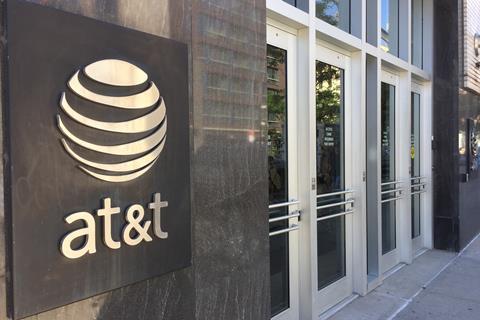- CBS’ AT&T blackout to end after agreeing carriage deal
- Blackout had lasted more than 20-days after fees dispute
- New agreement covers retransmission of 26 channels in 17 US markets

The CBS blackout on AT&T’s media channels has came to an end after the two firms struck a deal over carriage rights.
The two companies signed a new multi-year content carriage deal, ending a 20-day blackout that had seen CBS channels pulled from DirecTV platforms.
The blackout had affected around 6.5 million DirecTV Now, DirecTV and U-verse customers across more than 14 US markets.
It stemmed from a dispute over retransmission fees that caused months of negotiations, with the two companies failing to reach an agreement by the expiration of the previous seven-year deal on 19 July.
The new agreement includes retransmission consent for all 26 of CBS’s stations in 17 markets, including New York, LA, Chicago, and San Francisco, according to a joint statement.
The two sides had negotiated over pricing and there had also been some disagreement over whether AT&T, which owns WarnerMedia, could sell CBS’ All-Access streaming service as a separate option, according to Reuters.
CBS is one of several networks - including sibling company Viacom – which is reportedly set for a remerger with CBS - A&E Networks (owned jointly by Hearst Networks and the Walt Disney Co.) and Nexstar - to publicly feud with AT&T over contract negotiations this year.
CBS recently struck a carriage deal with cable provider Altice, but the dispute with AT&T rumbled on until yesterday (8 August) when the channels went live again.
The announcement came as All Access, CBS’ digital subscription video on-demand and live streaming service, announced plans to bring children’s programming to the service including exclusive original series and more than 1,000 episodes of library programming.
- Read more: CBS agrees carriage deal with Altice
This marks the services first venture into children’s content, with the rollout set to begin later this year.



























No comments yet